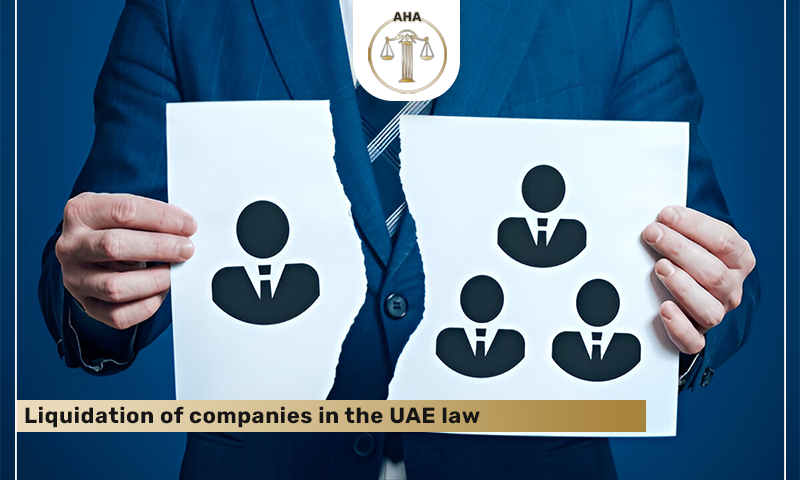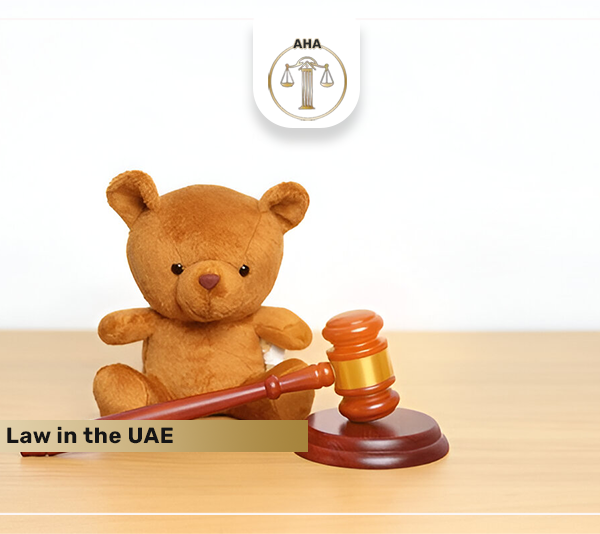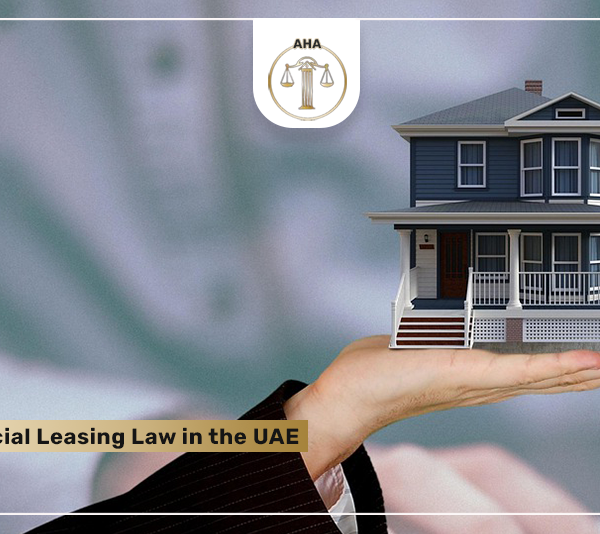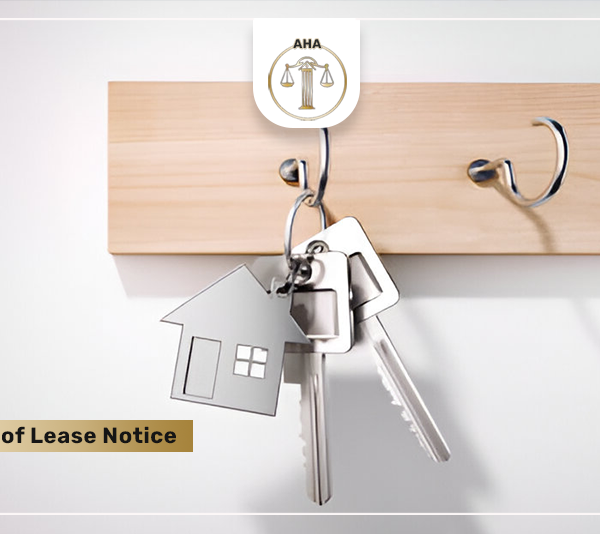Companies are the backbone of economic life in the United Arab Emirates. Markets of different specializations are created through companies, but the life cycle of some companies may be short and pass through the liquidation stage. How are companies liquidated in the UAE law?
With MR Ahmed Humid Al Balooshi Law Firm – AHA LEGAL OFFICE will explain the “liquidation of companies” stage according to the UAE law. If you have any legal inquiries related to the work of companies, contact us : Click and contact us now for any legal inquiries!
What is the process of liquidating companies according to the UAE law?
It is a legal process that aims to end the company’s commercial activity and liquidate all its assets and liabilities, where the remaining assets are distributed to shareholders and partners after paying the company’s debts and financial dues to others. The company can be liquidated on its own voluntarily or based on a court ruling.
Types of liquidation of companies according to the UAE law
1. Voluntary liquidation: In which the partners and shareholders of the company decide to terminate the company due to the expiration of the period specified in its articles of association or due to a joint decision to close and liquidate the company.
2. Mandatory liquidation: In this case, the company is liquidated based on a court ruling and in the event of legal and financial problems that threaten the company’s progress in the business sector.
What are the liquidation procedures?
Making the decision to liquidate the company is a major decision that requires several steps, which are:
– Appointing a liquidator: An agreed-upon person is appointed to carry out the liquidation process, and this liquidator may be a person agreed upon with the consent of all parties to the company.
– Notifying the competent authorities: The company that wants to be liquidated must notify the Department of Economic Development or the designated authorities in the emirate in which the company is established.
– Liquidation of assets and liabilities: The person assigned to liquidate the company’s assets sells its properties and supplies in order to pay all debts owed by the company.
– Distribution of the remainder: After paying all the debts owed by the company, the remaining funds are distributed to shareholders and partners according to their shares in the same company.
What are the other legal procedures followed?
– Notification of the designated parties:
All designated parties related to the company to be liquidated, such as (employees, shareholders, creditors), must be notified that the liquidation of the company is necessary.
– Closing accounts:
Work to close all bank accounts of the company and settle any financial obligations owed to others.
– Cancellation of the commercial license:
Upon completion of the liquidation, the commercial license is canceled and the expired company is registered with the relevant authority.
Liquidation in the event of the company’s bankruptcy:
If the company is in a state of bankruptcy, lack of financial liquidity and financial distress, its liquidation may be declared based on an order from the competent court in this regard.
Legal responsibility:
The liquidation process is carried out in accordance with the UAE laws and regulations, and in the event that these laws related to the liquidation of companies are violated, through the use of fraudulent methods, those responsible for the company may face severe legal penalties.
Liquidation in joint stock companies in the UAE:
In joint stock companies, which are closed or public companies, the liquidation process requires other procedures, including the approval of the general assembly or the approval of regulatory authorities such as the Securities and Commodities Authority or other authorities through which the company must be liquidated.
With MR Ahmed Humid Al Balooshi Law Firm – AHA LEGAL OFFICE help you protect you legally if you wish to obtain a fair liquidation of your share or contribution in a company that you partially or fully own. All you have to do is contact us now: Click and contact us now for any legal inquiries!





